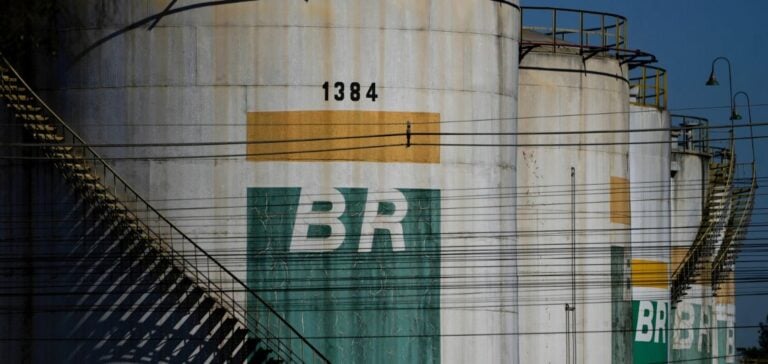State-owned oil company Petróleo Brasileiro S.A. (Petrobras) announced it has received authorisation to begin exploratory deepwater drilling off the Amazon region, in an area located 500 km from the Amazon River mouth and 175 km off the Brazilian coast. The project, supported by President Luiz Inácio Lula da Silva, is set to begin immediately and last five months, according to a company statement.
The project falls within the strategic Equatorial Margin zone
This offshore area, known as the Equatorial Margin, has attracted interest from regional operators following major oil discoveries in neighbouring Guyana. The permit granted by the Brazilian Institute of Environment and Renewable Natural Resources (Ibama) allows for the drilling of a single exploratory well. The agency stated that the authorisation followed a rigorous assessment process, although it had previously rejected a request in 2023, citing insufficient safety assurances.
Rising tensions between authorities and NGOs
The announcement sparked immediate backlash from the Observatório do Clima collective, which condemned the move as inconsistent with Brazil’s claimed climate leadership. The group said it would pursue legal action to challenge the permit’s legality. Several environmental organisations have criticised the decision process, highlighting potential risks to marine biodiversity.
Petrobras aims to expand geological knowledge
In official communications, Petrobras said the goal of the campaign is to gather geological data to assess the area’s commercial viability. Chief Executive Officer Magda Chambriard stated the company “hopes to prove the presence of oil in the Brazilian portion of this new global energy frontier”. No commercial production is planned at this stage, the company added.
Government defends sovereignty and transition objectives
Energy Minister Alexandre Silveira said the project aims to ensure Brazil’s energy sovereignty while adhering to international environmental standards. President Lula argued that revenues from oil could be reinvested into the country’s energy transition, while stressing the strategic relevance of the Equatorial Margin.






















